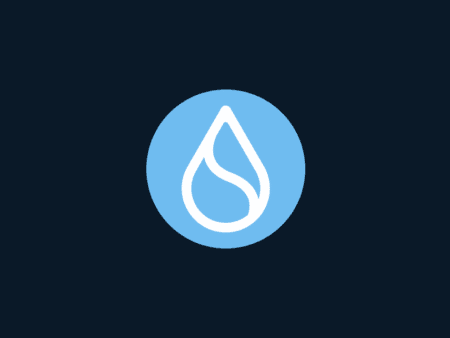⚡ TL;DR – What Is a Testnet in Crypto?
A testnet is a parallel blockchain environment used for testing, development, and experimentation — without risking real assets. Developers use testnets to trial new features, smart contracts, or network upgrades before deploying them on a mainnet. Tokens on testnets are not real and have no monetary value.
❓ Testnet: What It Means in Web3
In the crypto ecosystem, testnets serve as sandboxes where developers can safely test code and protocols before going live. Think of a testnet like a demo version of a blockchain — it mimics the behavior of the real chain (mainnet), but without any financial risk.
Testnets replicate:
- Blockchain logic
- Consensus mechanisms
- Token transfers
- Smart contract deployment
- Node behavior and network upgrades
…but use fake tokens and are often reset regularly.
Testnet vs Mainnet
| Feature | Testnet | Mainnet |
|---|---|---|
| Purpose | Development & testing | Live blockchain with real value |
| Tokens | Free (faucet-distributed), valueless | Real cryptocurrency with market value |
| Risk | Zero financial loss | Real asset risk |
| Audience | Developers, testers | Users, investors, dApps |
| Common Use | Debugging, audits, test deployments | Real transactions and DeFi/NFT use |
Using a testnet allows projects to prevent bugs, optimize performance, and gather feedback before public launches.
Common Use Cases for Testnets
- Smart contract testing
Deploy contracts to see how they behave and interact with others before mainnet use. - Protocol upgrades
Blockchains like Ethereum and Solana test forks or network changes on testnets first. - dApp previews
Developers preview decentralized applications without exposing users to risk. - User onboarding
New users can interact with wallets, swaps, or staking without using real tokens. - Faucet testing
Testnet tokens are acquired via “faucets,” simulating on-chain value flows for training or simulation.
Popular Testnets by Ecosystem
| Blockchain | Testnet Name(s) | Purpose |
|---|---|---|
| Ethereum | Goerli, Sepolia | Smart contracts, rollups, staking |
| Solana | Devnet, Testnet | Network updates, Solana dApps |
| Polygon | Mumbai | dApp testing, PoS bridge simulation |
| Arbitrum | Arbitrum Goerli | Rollup testing for L2 deployments |
| Avalanche | Fuji | Subnet and contract testing |
| BNB Chain | BNB Testnet | Pre-deployment on BSC |
Testnets are essential infrastructure for both developers and researchers.
Why Do Testnets Matter?
Without testnets, developers would risk:
- Breaking live protocols
- Losing user funds
- Creating exploitable vulnerabilities
- Launching unstable features
Testnets enable faster innovation with safer rollouts, and give open-source communities a space to collaborate without fear.
Are Testnet Tokens Worth Anything?
No. Testnet tokens have no monetary value and should never be bought, sold, or traded. They’re usually obtained for free from testnet faucets.
If someone is selling testnet tokens, it’s likely a scam.
🔑 Key Takeaways
- A testnet is a development environment that replicates a blockchain without using real tokens.
- It allows developers to build, test, and deploy safely before going live on the mainnet.
- Testnet tokens are free and worthless, used only for testing purposes.
- All major blockchain ecosystems maintain public testnets to support open development.
- Testnets are crucial for innovation, education, and protocol stability in Web3.
❓ Frequently Asked Questions About Testnets
A testnet is a replica blockchain used by developers to test new features, contracts, or apps without risking real crypto.
No — testnet tokens have no real value. However, some projects offer testnet incentives (e.g., airdrops) to encourage feedback and bug reporting.
From a faucet — a free service that sends testnet tokens to your wallet. You’ll often need to verify via Discord, Twitter, or email.
Yes — since tokens are valueless, and you’re not interacting with real funds, testnets are risk-free for testing and learning.
Networks like Goerli and Sepolia offer different setups for specific use cases — such as staking, smart contract testing, or rollup deployment.












